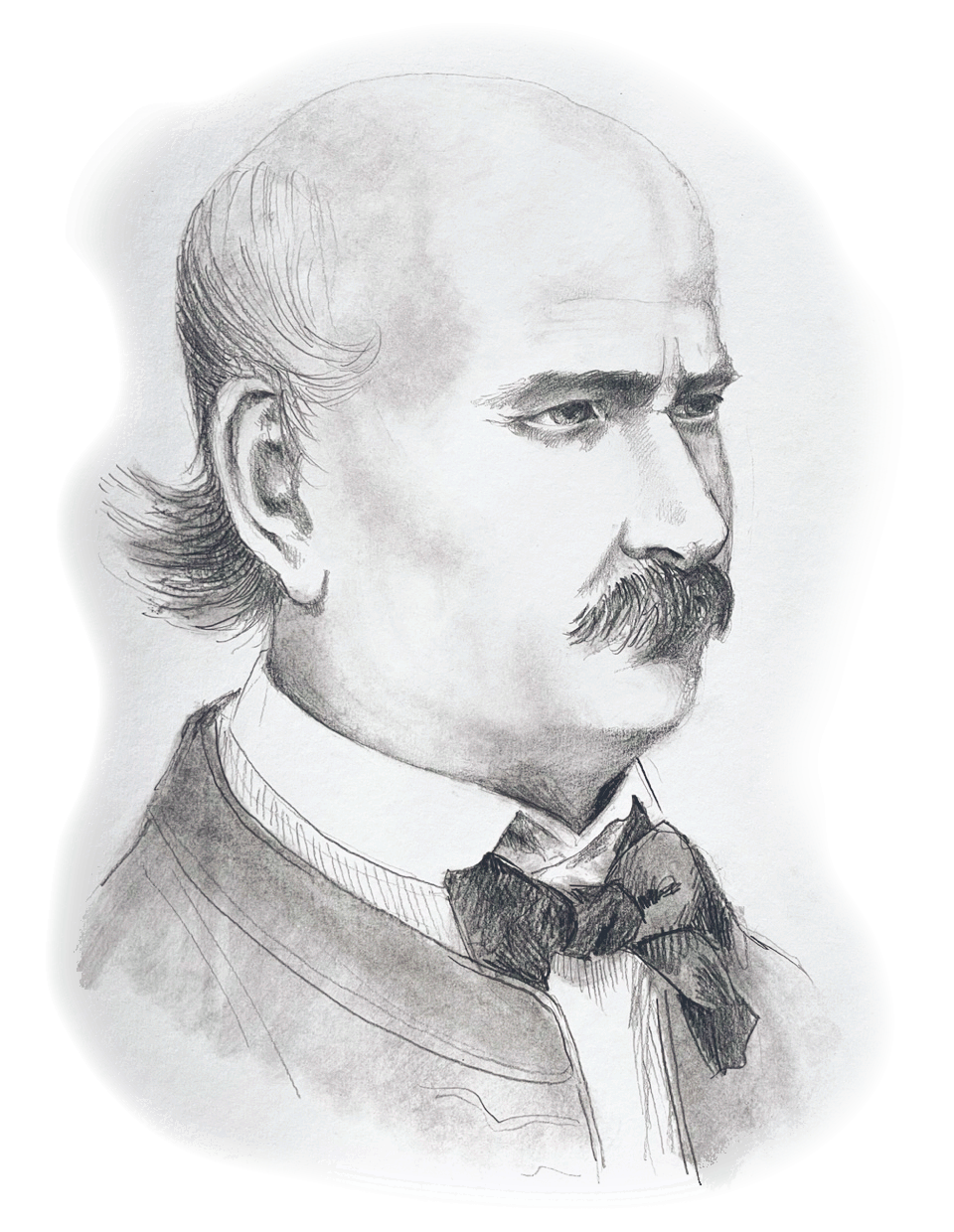January

January
Semmelweis
Ignác
Life
Ignác Semmelweis was born on the 1st of July in 1818. He completed his secondary education at the Catholic Middle School of the University of Székesfehérvár and Buda. After finishing high school, he enrolled in a two-year course in humanities at the University of Pest. In 1837, following his father’s wishes, he applied to the Faculty of Law at the University of Vienna, but in the same year he transferred to the Faculty of Medicine. In 1844, he received his medical degree in Vienna, later that year he was awarded his diploma as an obstetrician, and a year later he was made doctor of surgery.
Semmelweis continued his training after graduation, attending lectures on internal medicine, autopsy and pathology. He applied for and won a teaching assistant position in Professor Klein’s Obstetrics Clinic at the Allgemeines Krankenhaus in 1846, but a few months later, the medical teacher Breit, for who Semmelweis was filling in, returned and he lost his position. He later began to take English lessons and considered leaving for Dublin, Ireland, but was finally re-hired on 20th March 1847.
In March 1847, he went to Venice to rest, but after hearing about the death of his friend Jakob Kolletschka, he returned and started investigating the circumstances of his death. It was then that he realized the importance of disinfection and sterilization in medicine.
In the spring of 1848, Semmelweis and several of his comrades became members of the revolutionary National Guard in Vienna, but he continued to practice his profession. His appointment as assistant professor at the Allgemeines Krankenhaus expired on the 20th of March 1849. After that, he applied twice for a private teaching position, and although he finally received it, he returned to Pest.
In 1851, as an unpaid honorary chief physician, he took over the obstetrics department of the St. Rókus Hospital, then functioning as a public hospital in the city of Pest, and in 1855 he was appointed professor of theoretical and practical obstetrics at the University of Pest.
In the years preceding his death, oddities began to appear in his behaviour, which led to his admission to the Döbling asylum, where he died under suspicious circumstances on 13th of August 1865.
Work

Ignác Semmelweis played an extremely important role in the development of modern medicine, particularly in the field of hygiene and infections. He was the first to recognize the causes of puerperal fever/postpartum infection and to develop a simple but effective method of preventing contamination in hospitals.
He pointed the importance of washing hands in medical care, noting that in those hospitals where doctors and nurses regularly washed their hands, the rate of infection related deaths was much lower. As a result, he developed a hand-washing protocol that led to a minimization of infections.
Semmelweis excelled not only as an obstetrician, but also as a surgeon, being the first in Hungary to perform ovarian surgery and the second to perform caesarean section. His work was essential for the field of medicine and surgery, in order to reach the results and standards we know and apply to this day.
